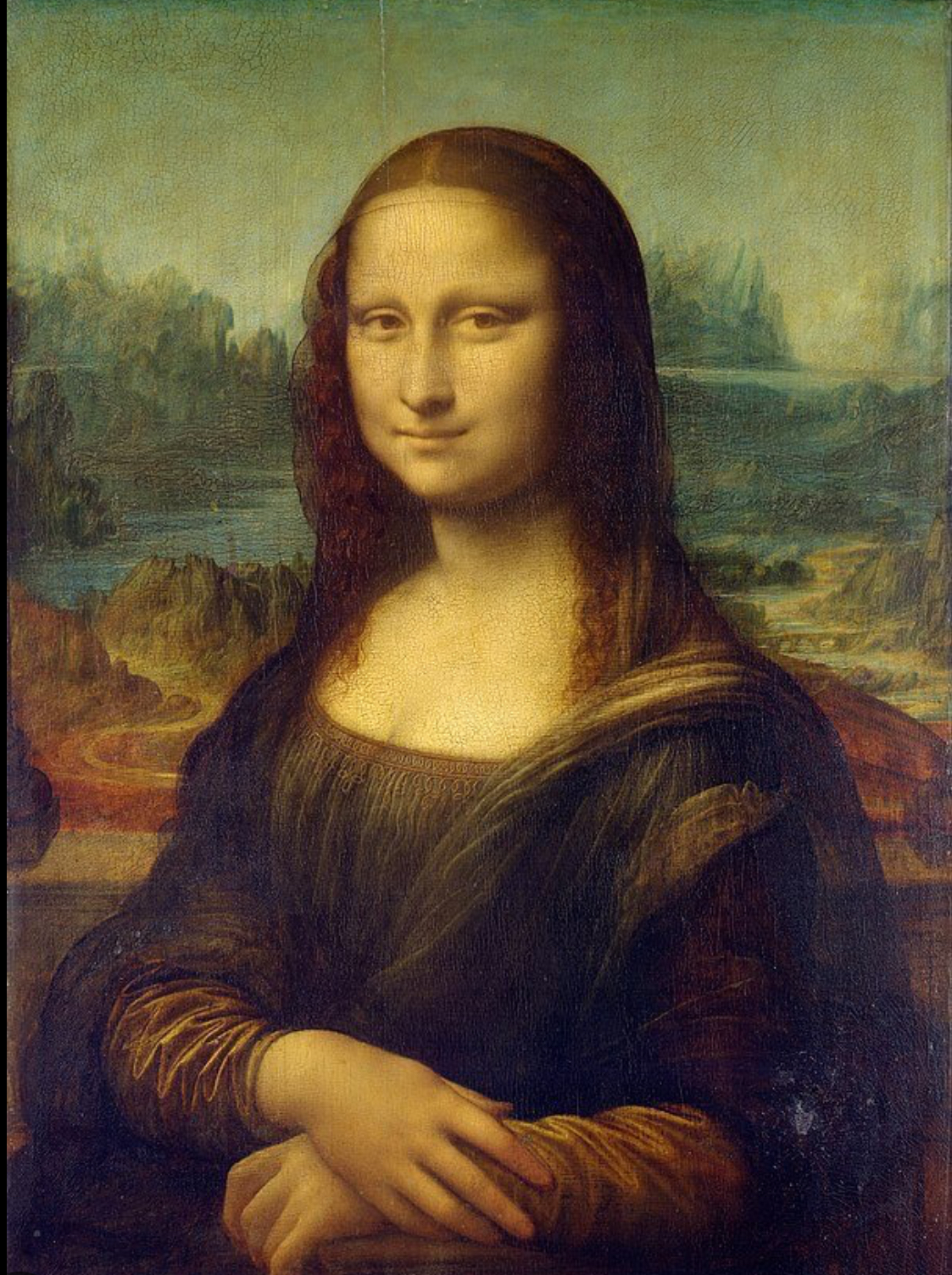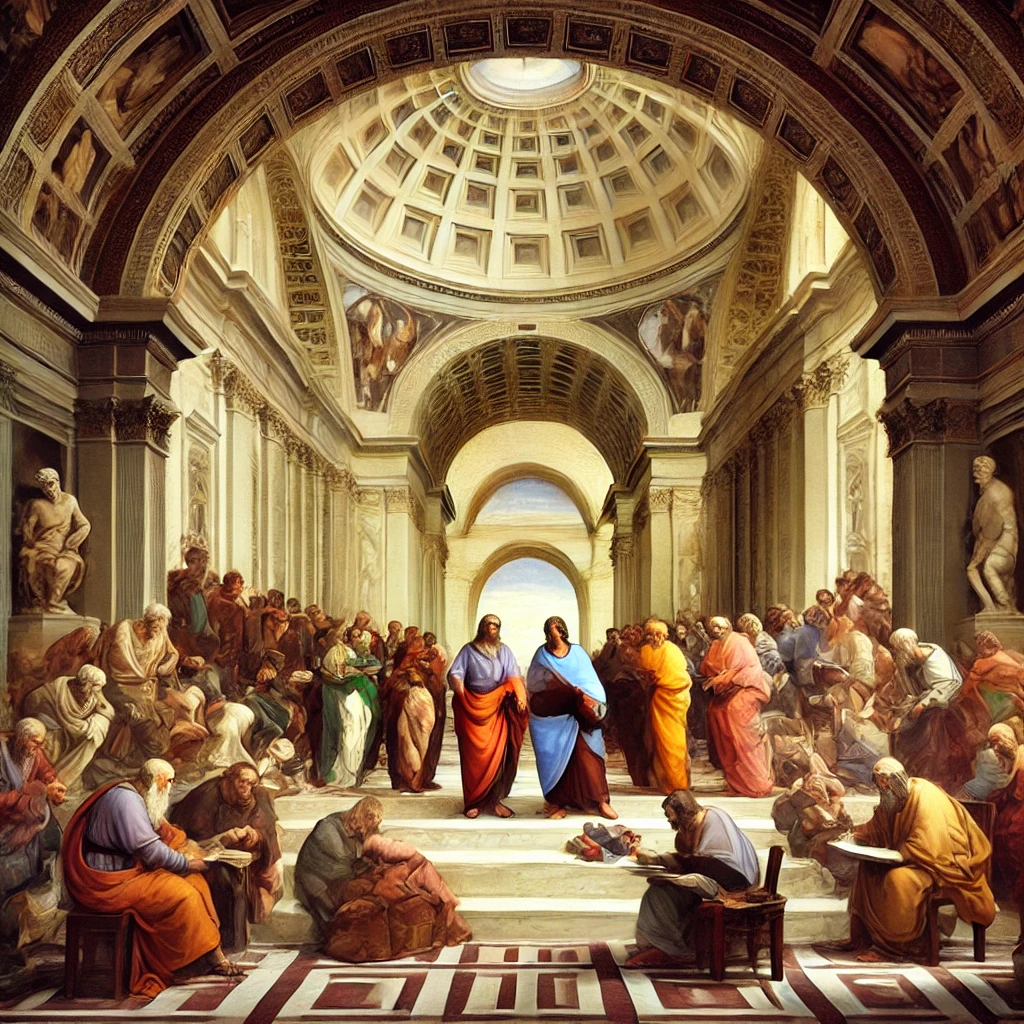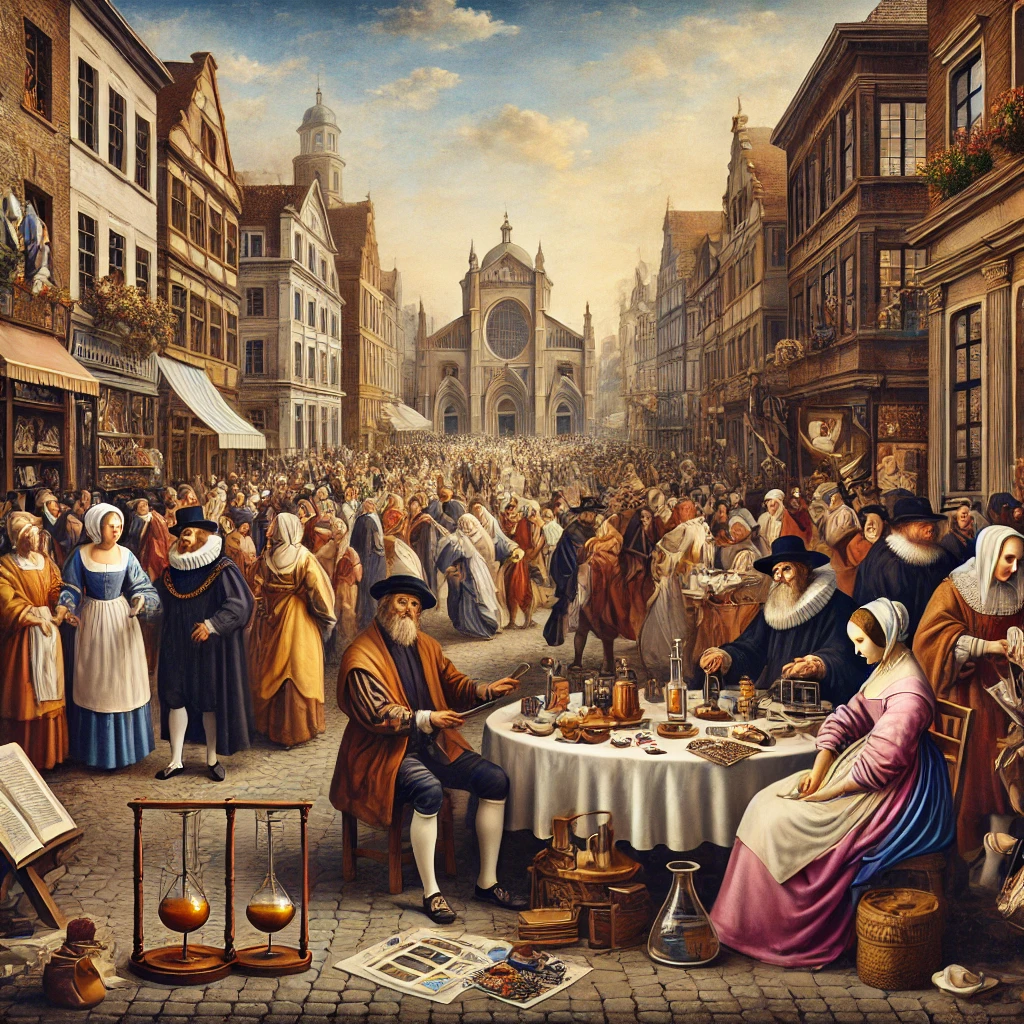AP European unit one flashcards
1/19
Earn XP
Name | Mastery | Learn | Test | Matching | Spaced |
|---|
No study sessions yet.
20 Terms

Renaissance
A cultural movement (c. 1350-1600) that revived classical art, literature, and learning, beginning in Italy and spreading across Europe.

Humanism
An intellectual movement focusing on human potential, achievements, and classical texts from Greece and Rome.

Secularism
A Renaissance value that emphasized worldly concerns over religious matters.
Individualism
A Renaissance idea celebrating personal achievement and self-expression.
Printing Press (c. 1450)
Invented by Johannes Gutenberg; increased literacy, spread Renaissance ideas, and helped fuel the Protestant Reformation.
Niccolò Machiavelli
Wrote The Prince (1513), advocating pragmatic, ruthless political rule (“better to be feared than loved”).
Leonardo da Vinci
A Renaissance artist and scientist; painted The Last Supper and Mona Lisa; known as the "Renaissance Man.”
Michelangelo
Renaissance artist; sculpted David and painted the Sistine Chapel ceiling.
Northern Renaissance
A cultural movement in Northern Europe emphasizing Christian humanism and social reform.
Erasmus
A Christian humanist who wrote In Praise of Folly, criticizing Church corruption and promoting reform.
Protestant Reformation
A 16th-century religious movement challenging the Catholic Church, sparked by Martin Luther.
Martin Luther (1517)
Wrote 95 Theses, criticizing indulgences and Church corruption; began Lutheranism.
John Calvin
Protestant reformer who founded Calvinism and taught that God decides who goes to heaven before they are born. His ideas shaped Protestantism in Europe.
Henry VIII
Created the Church of England (Anglican Church) after breaking from the Catholic Church in 1534 (Act of Supremacy).
Council of Trent (1545-1563)
Catholic response to the Reformation; reaffirmed doctrine, ended abuses, and strengthened Church authority.
Jesuits
A Catholic religious order founded by Ignatius of Loyola to spread Catholicism and counter Protestantism.
Age of Exploration
European overseas expansion (1400s-1600s) driven by trade, wealth, and religious conversion.
Prince Henry the Navigator
Portuguese patron of exploration; helped start the Age of Exploration.
Columbian Exchange
The transfer of plants, animals, and diseases between the Old and New Worlds.
Mercantilism
An economic system where governments controlled trade to increase national wealth; colonies provided raw materials.